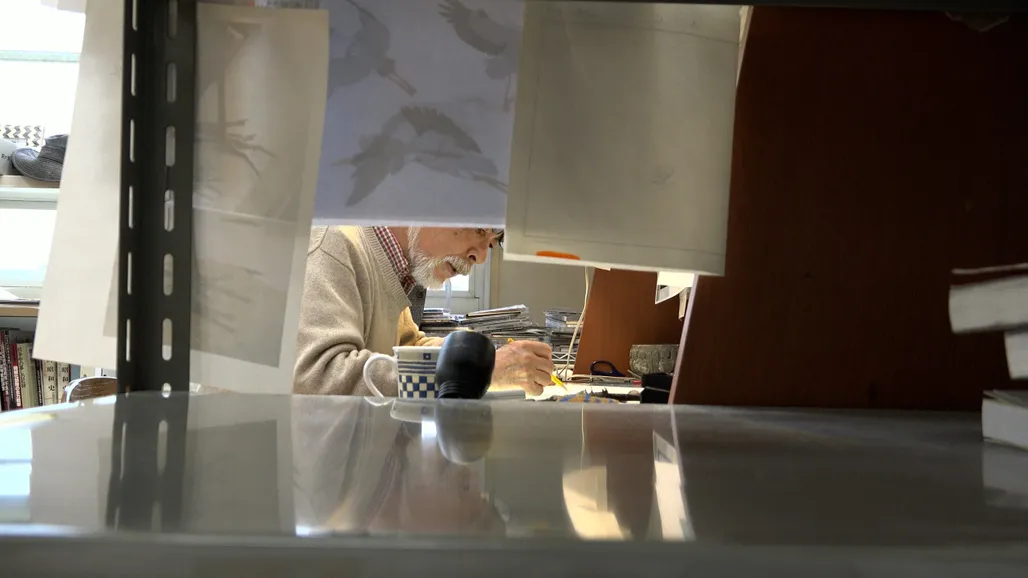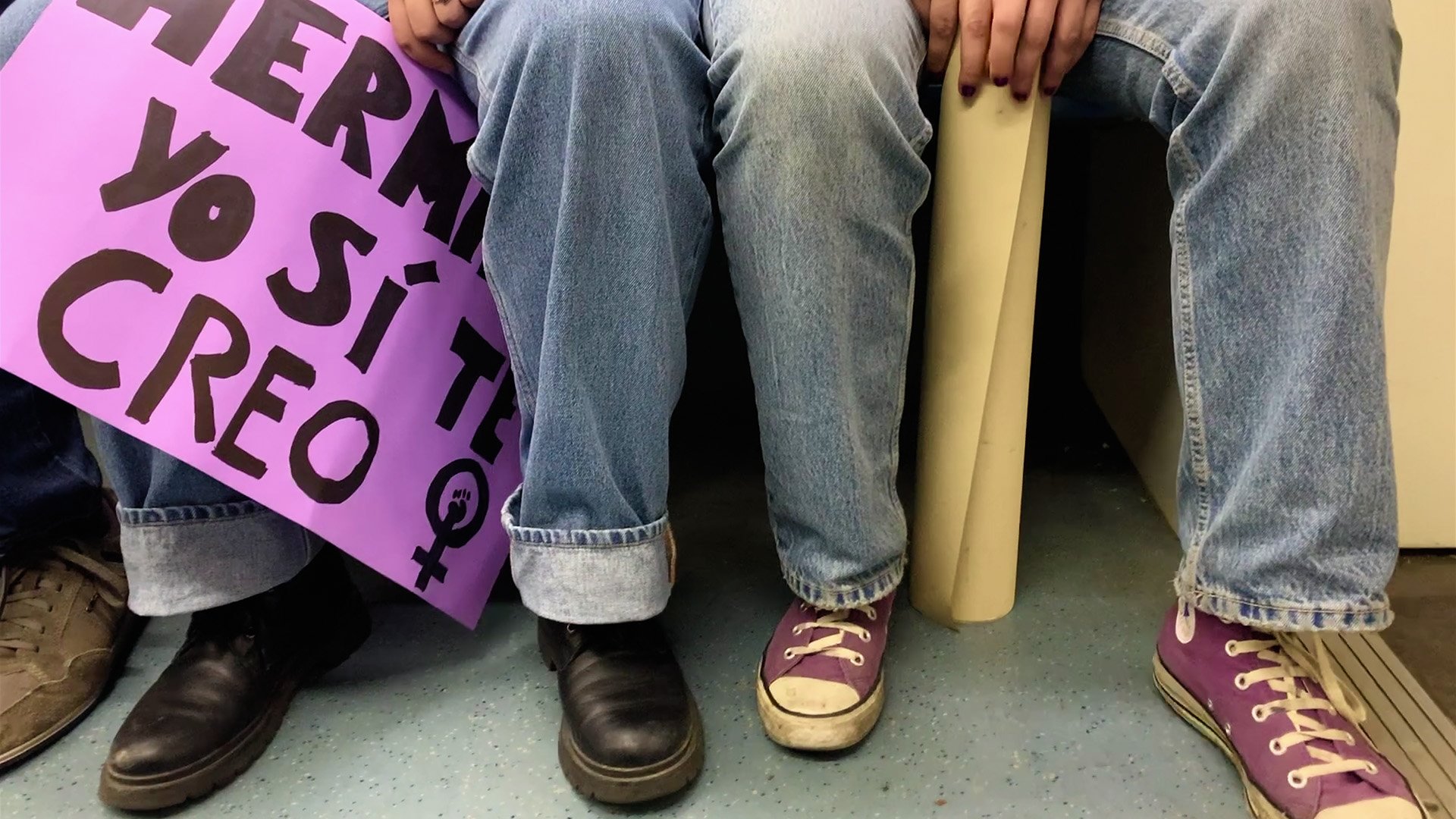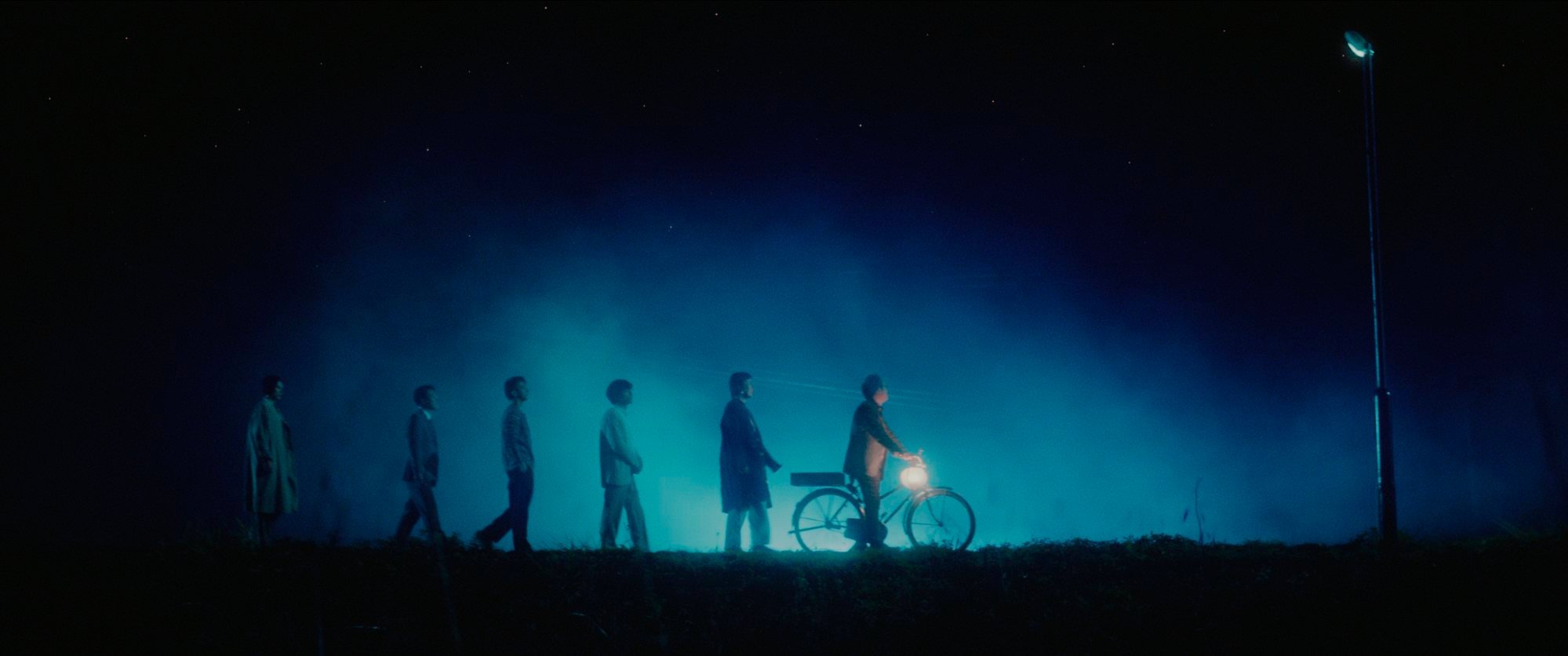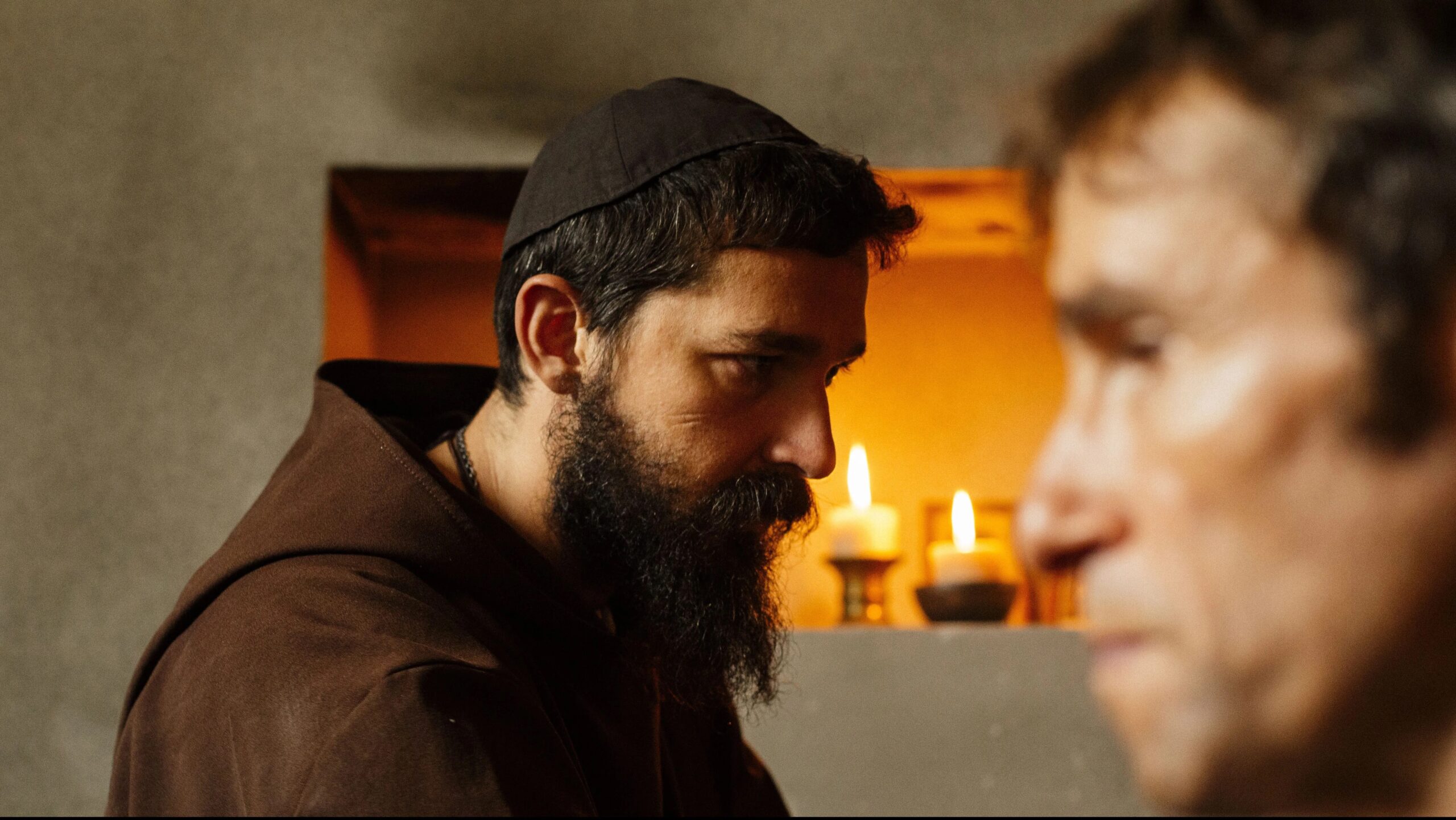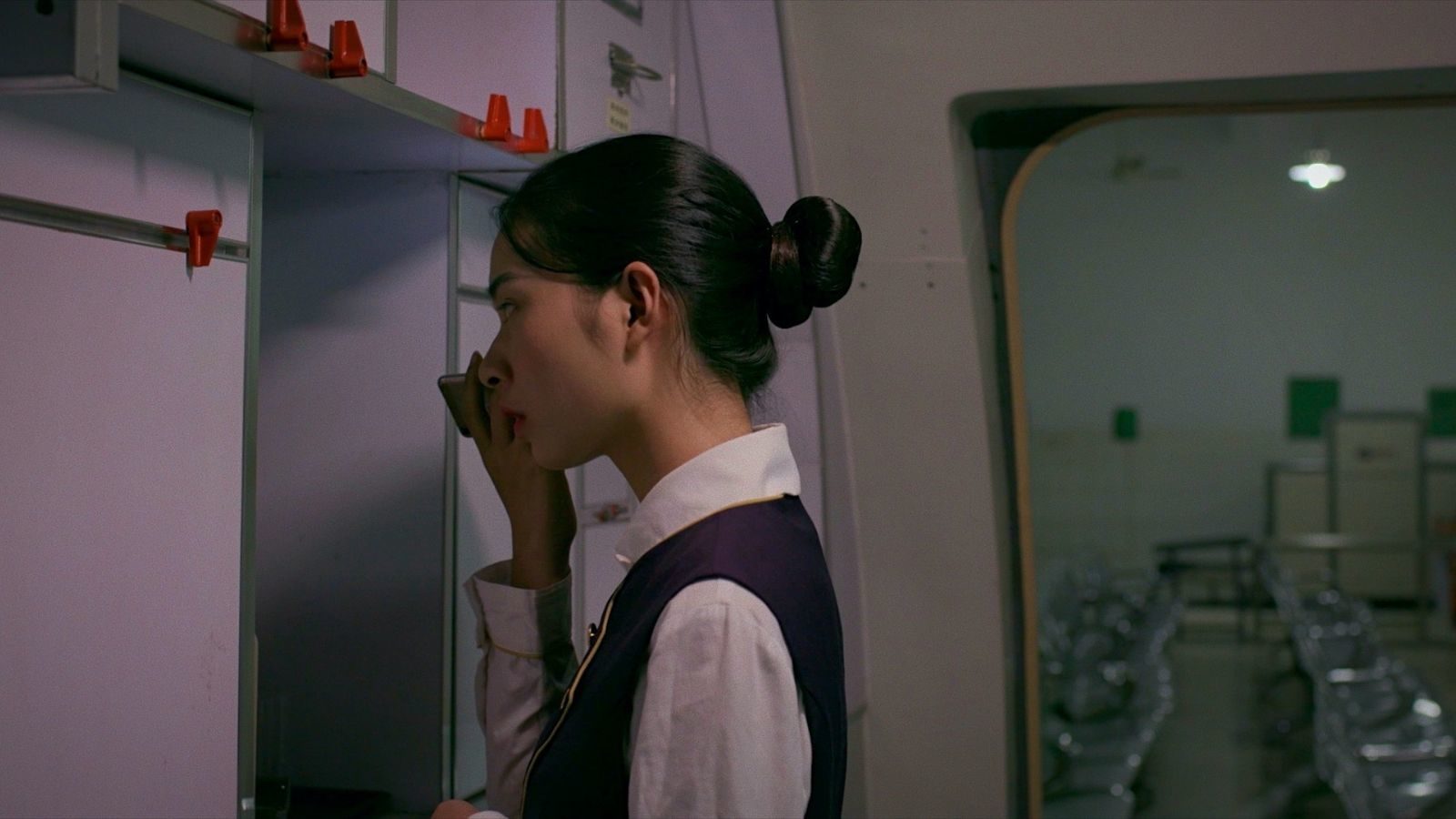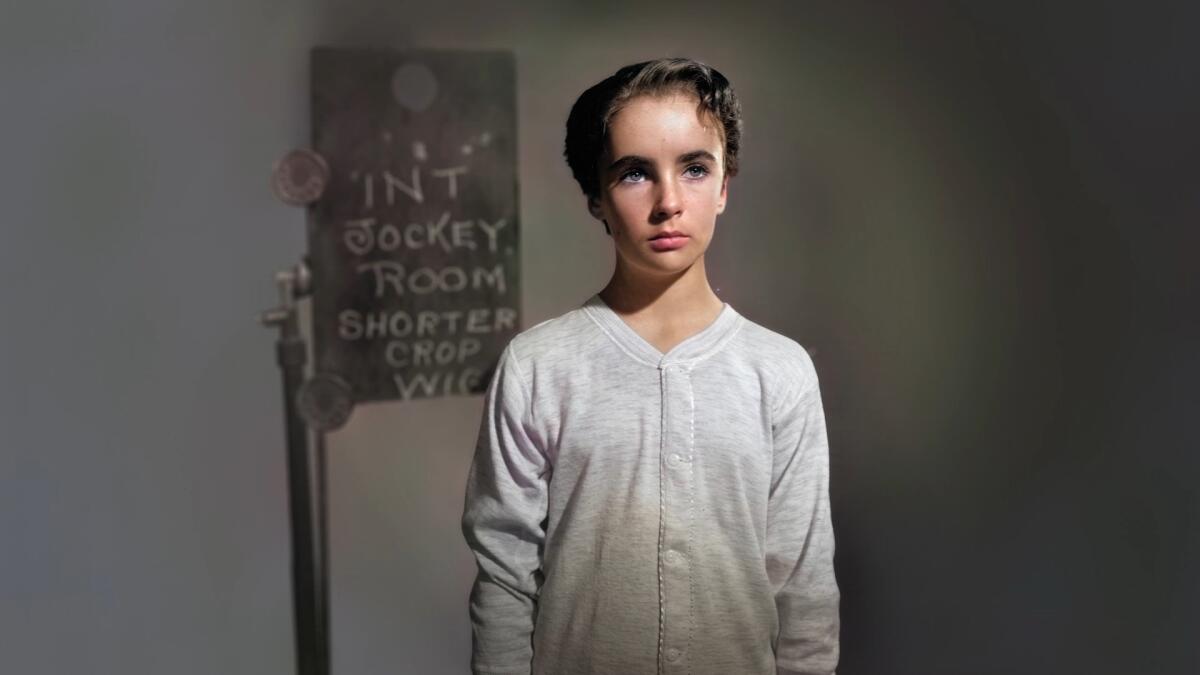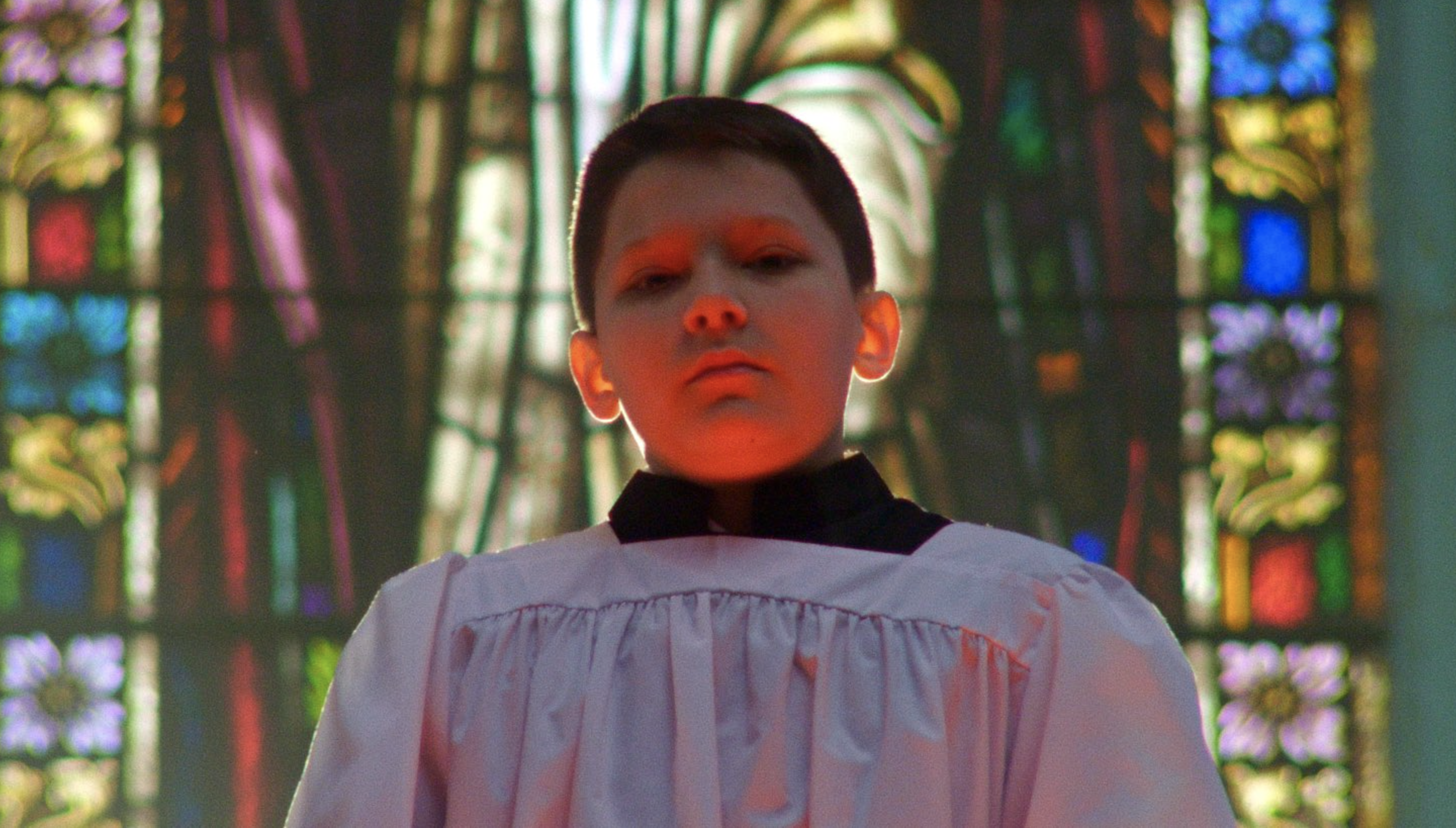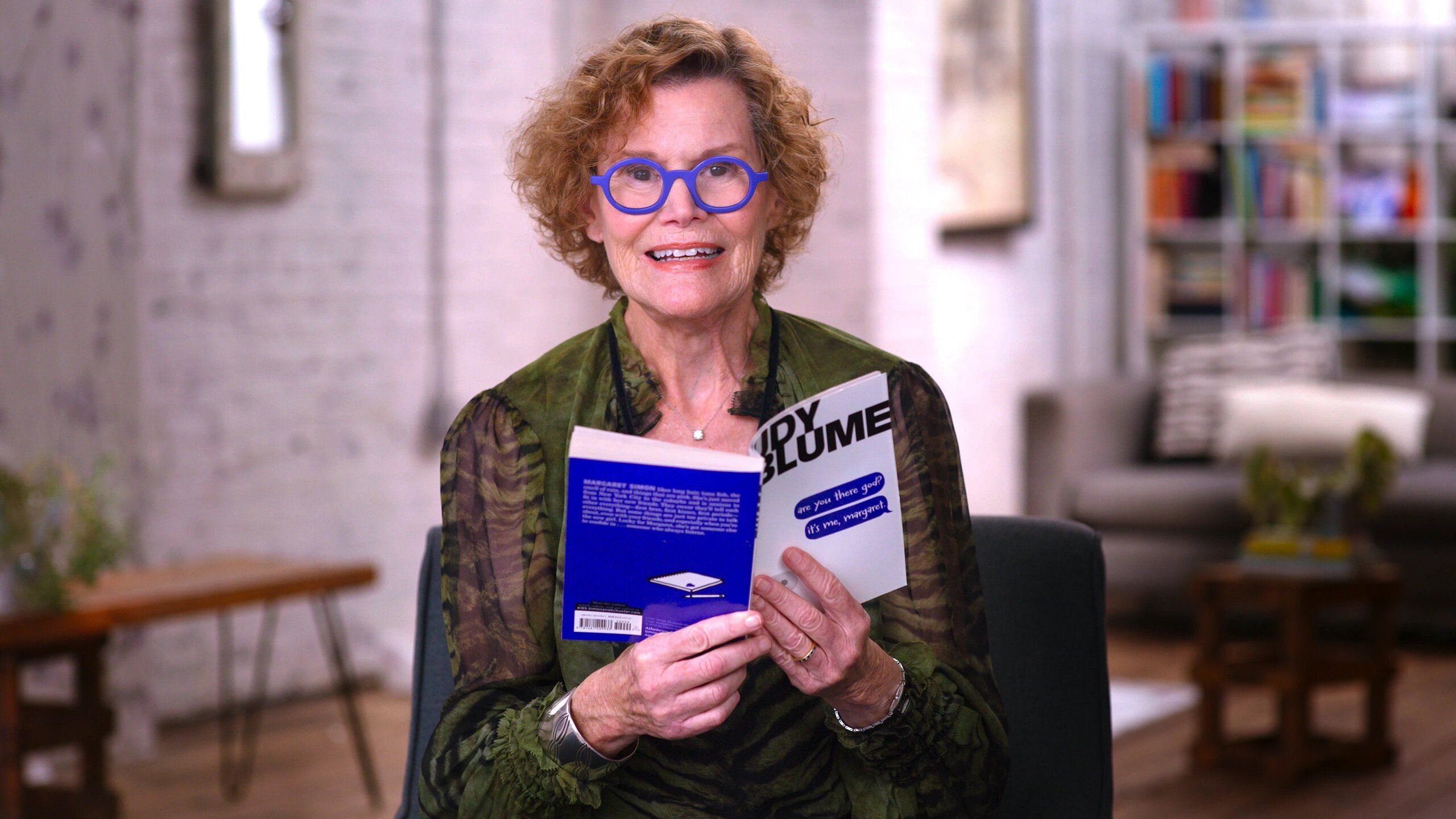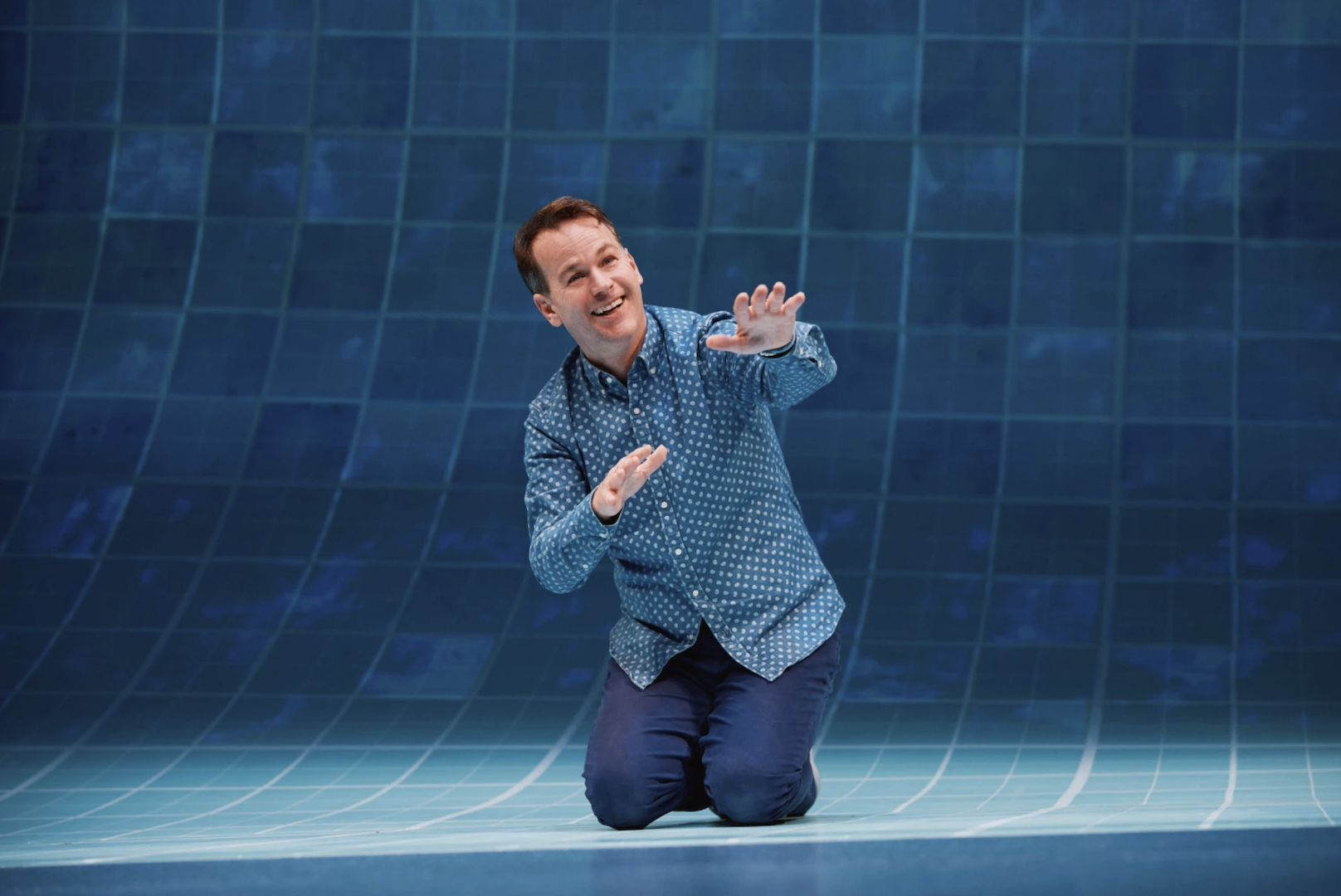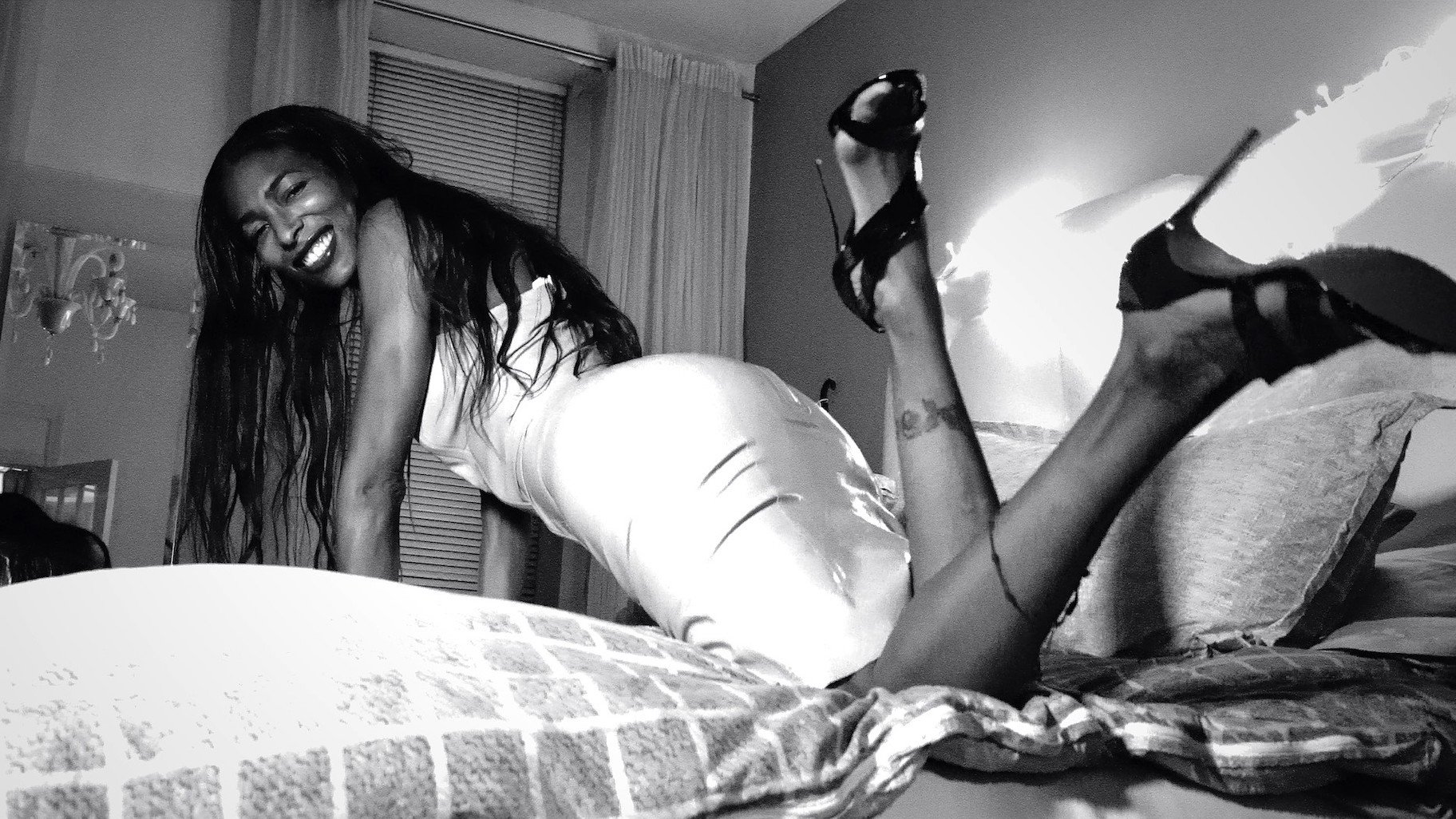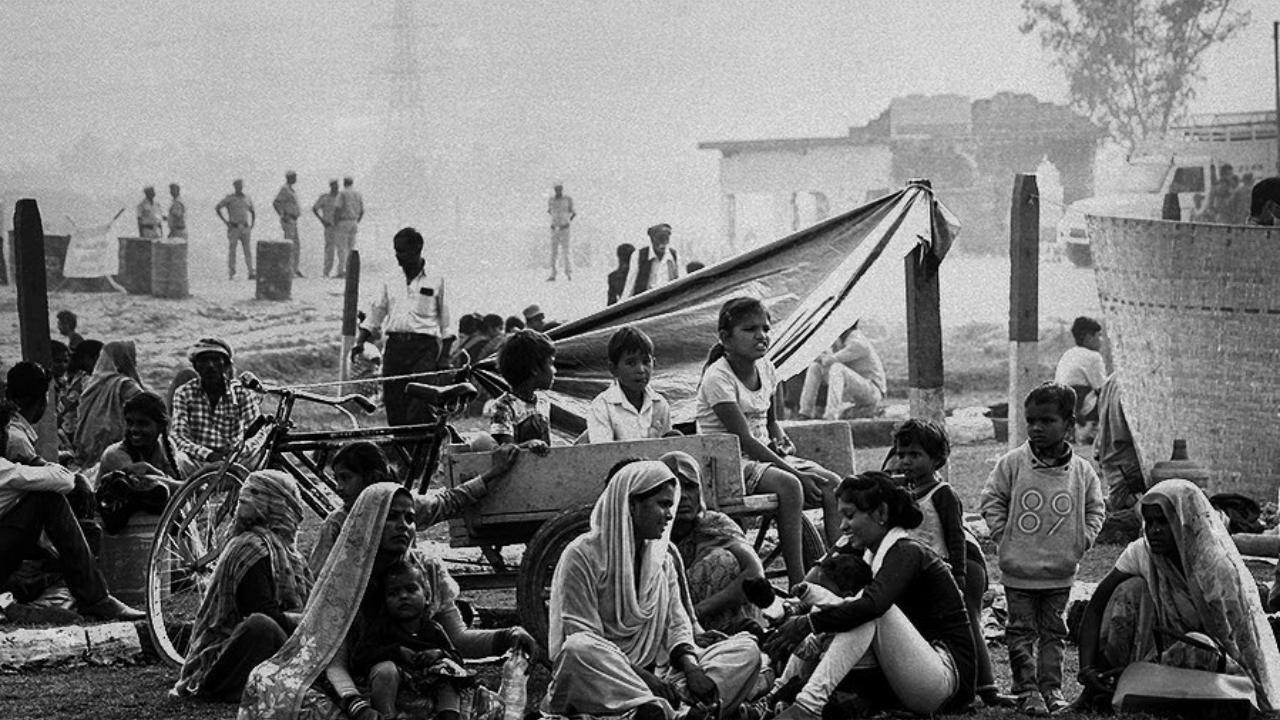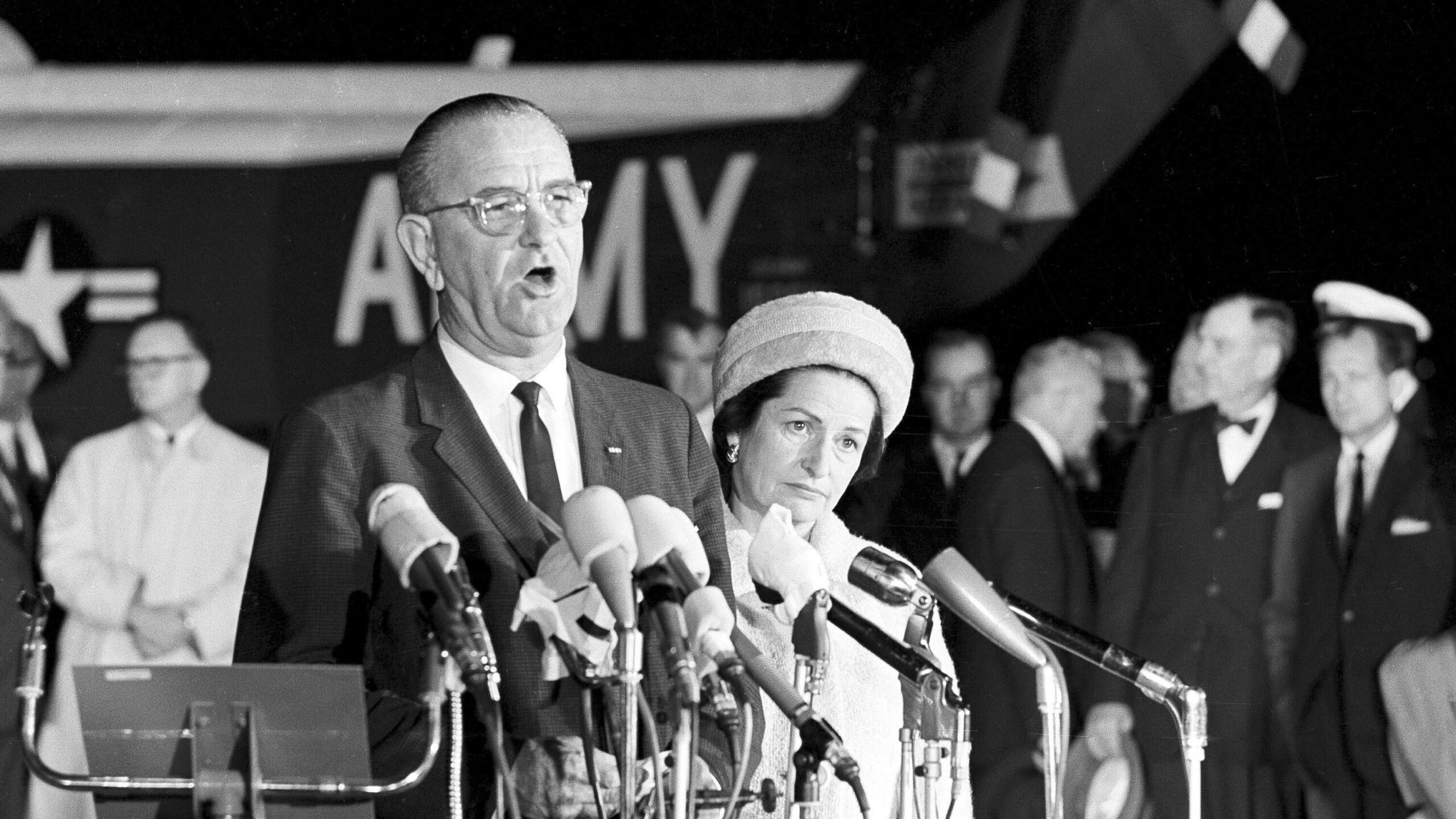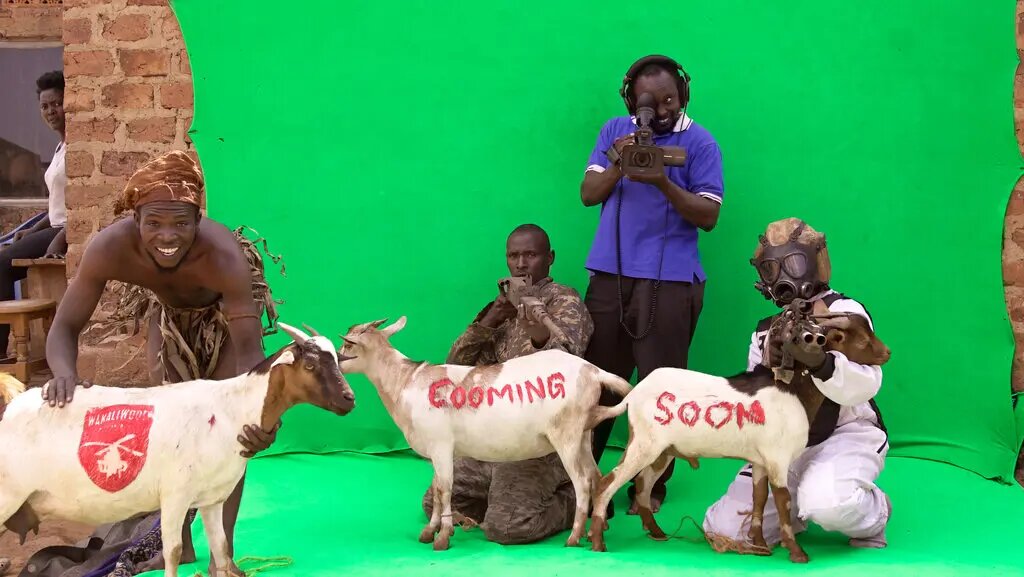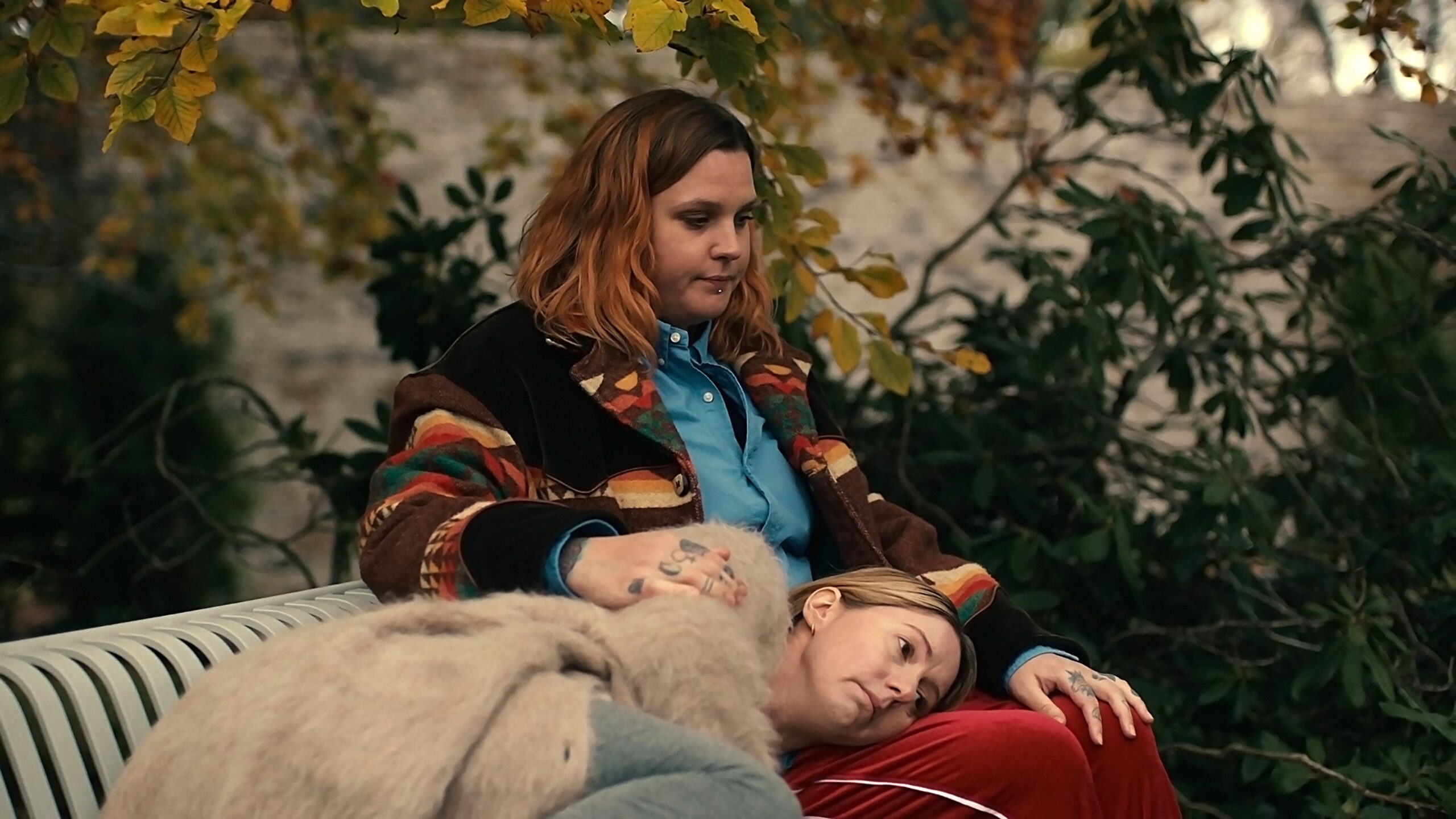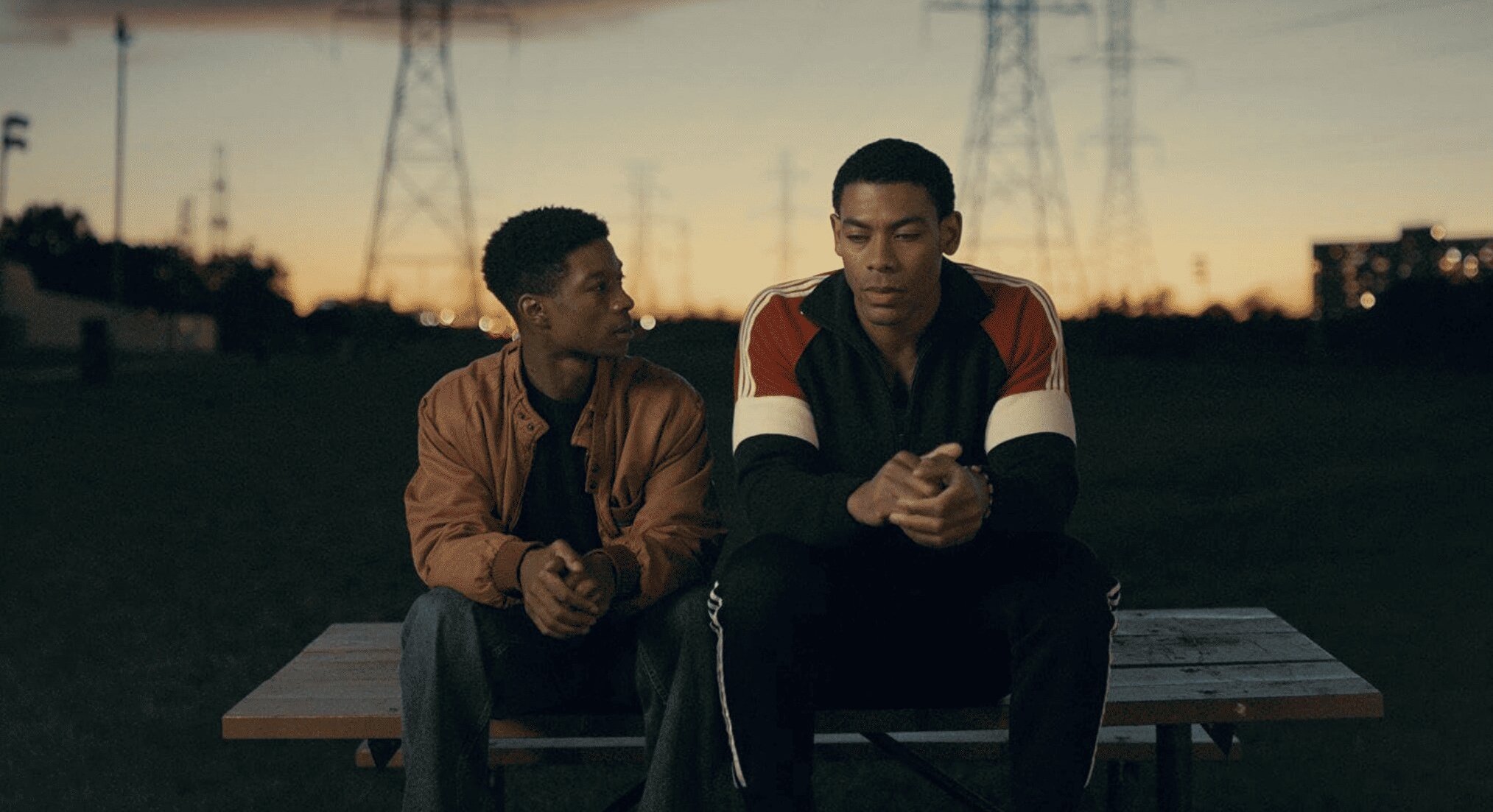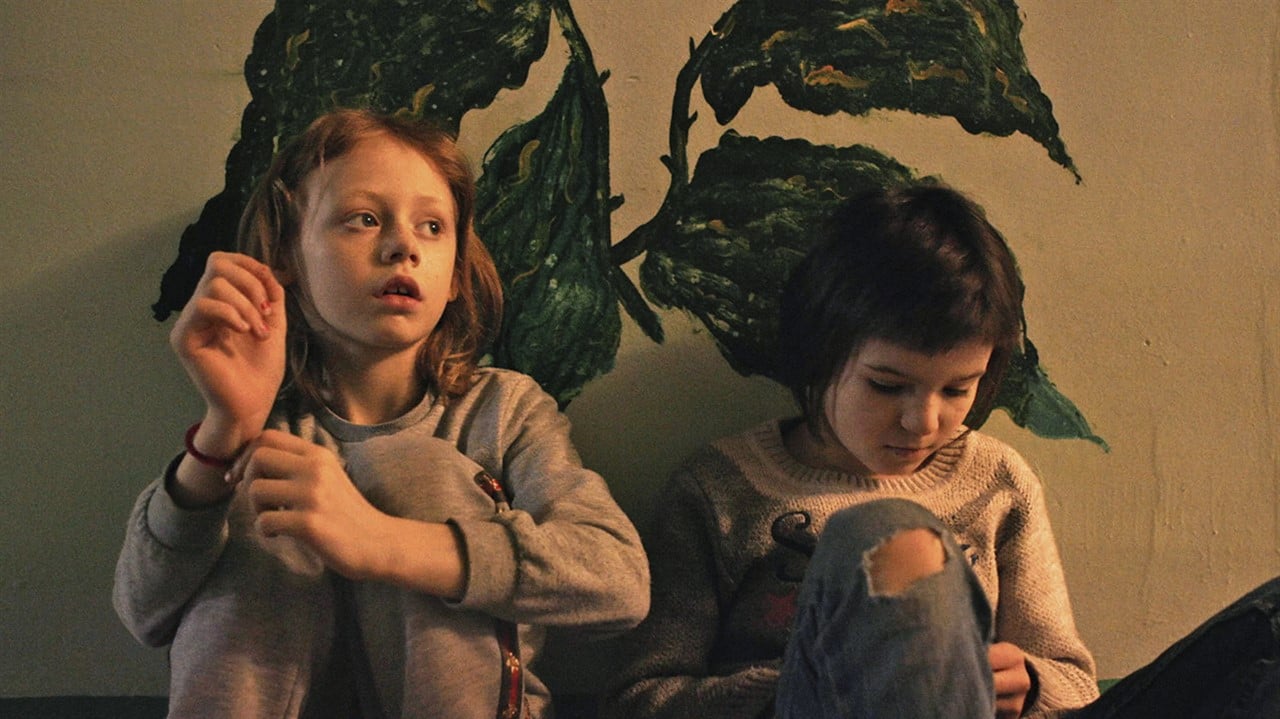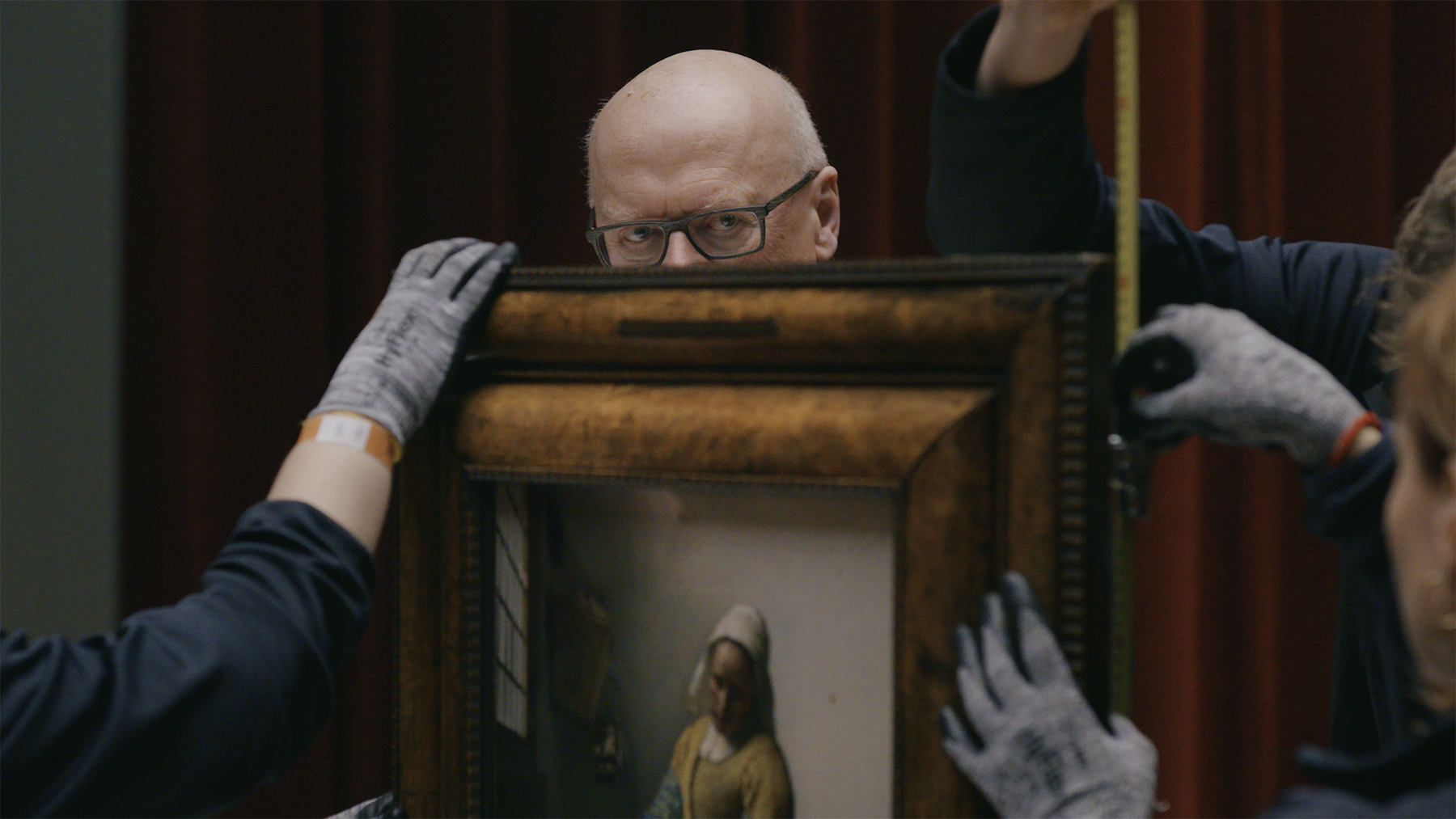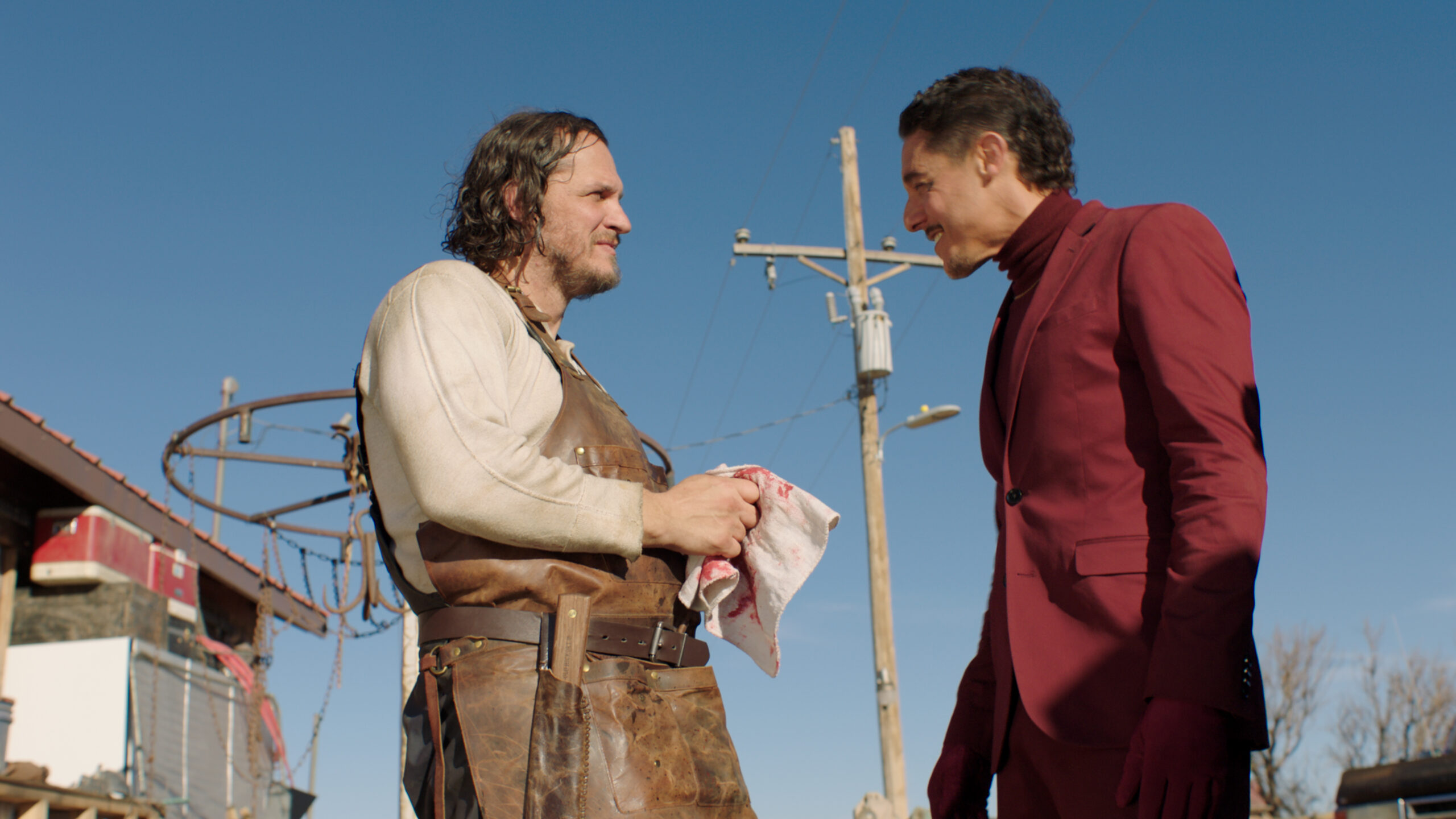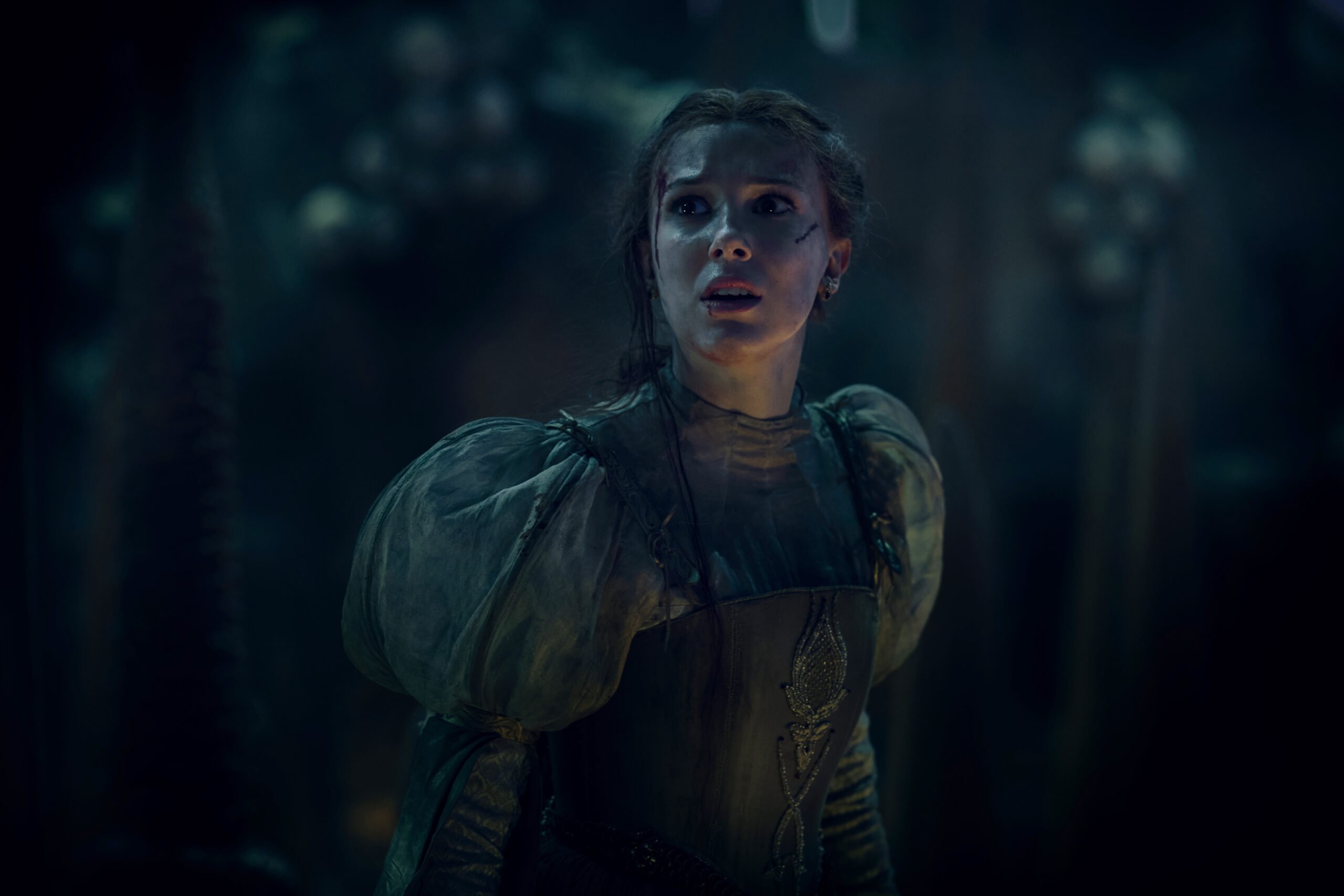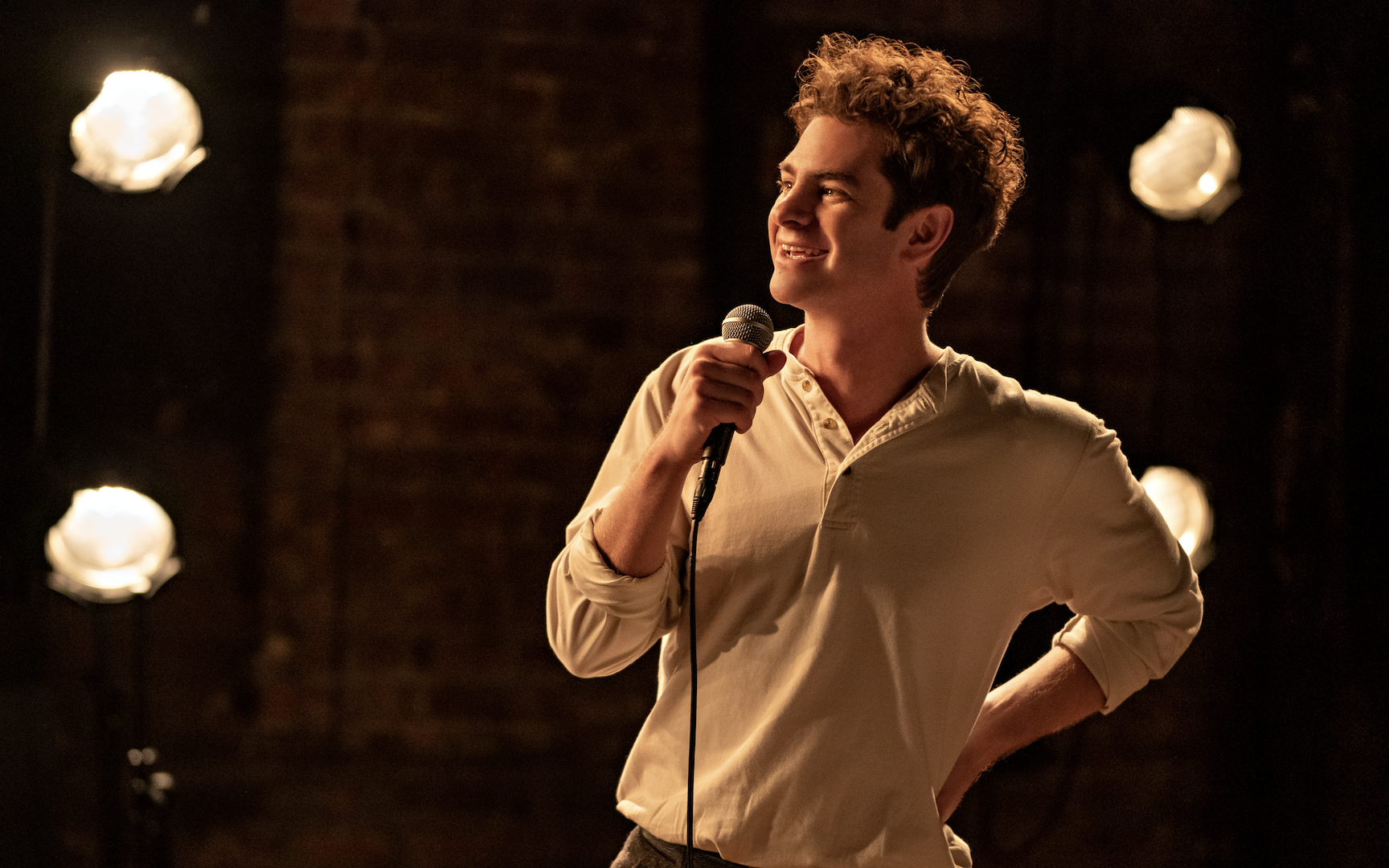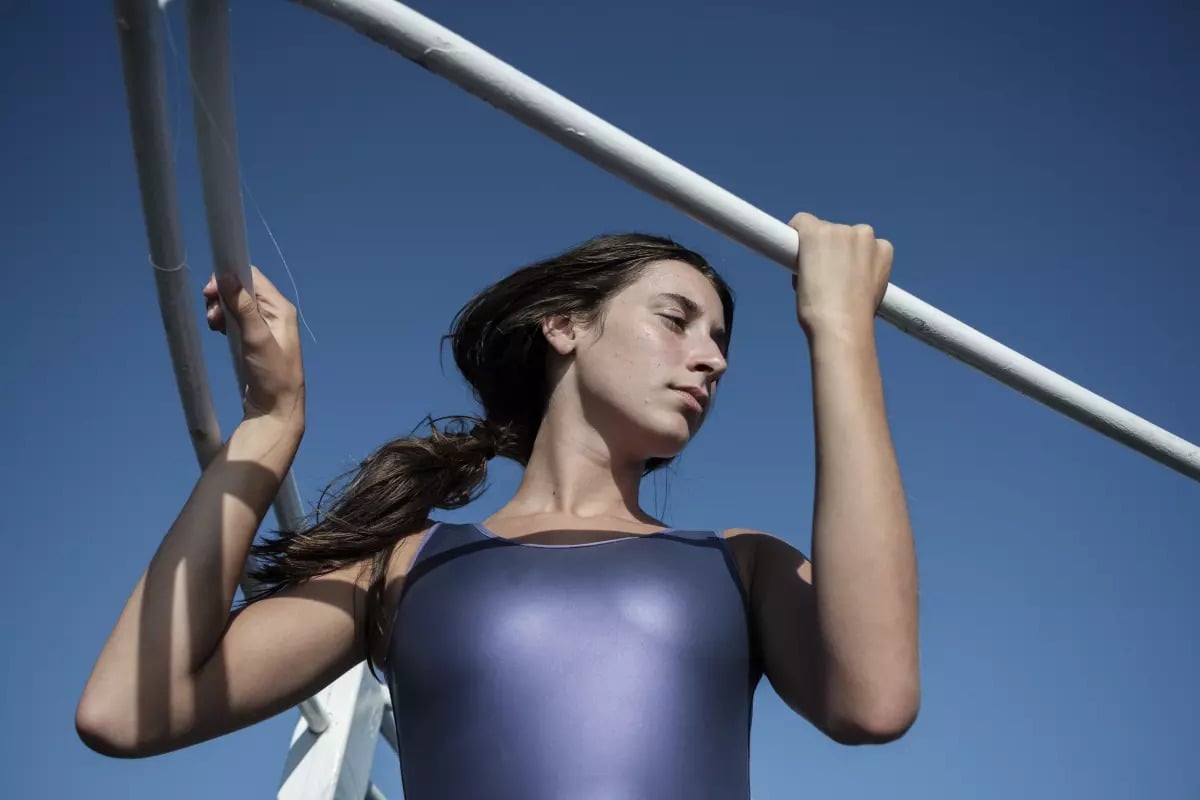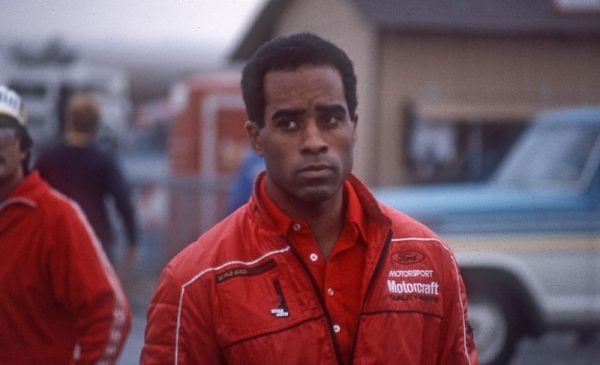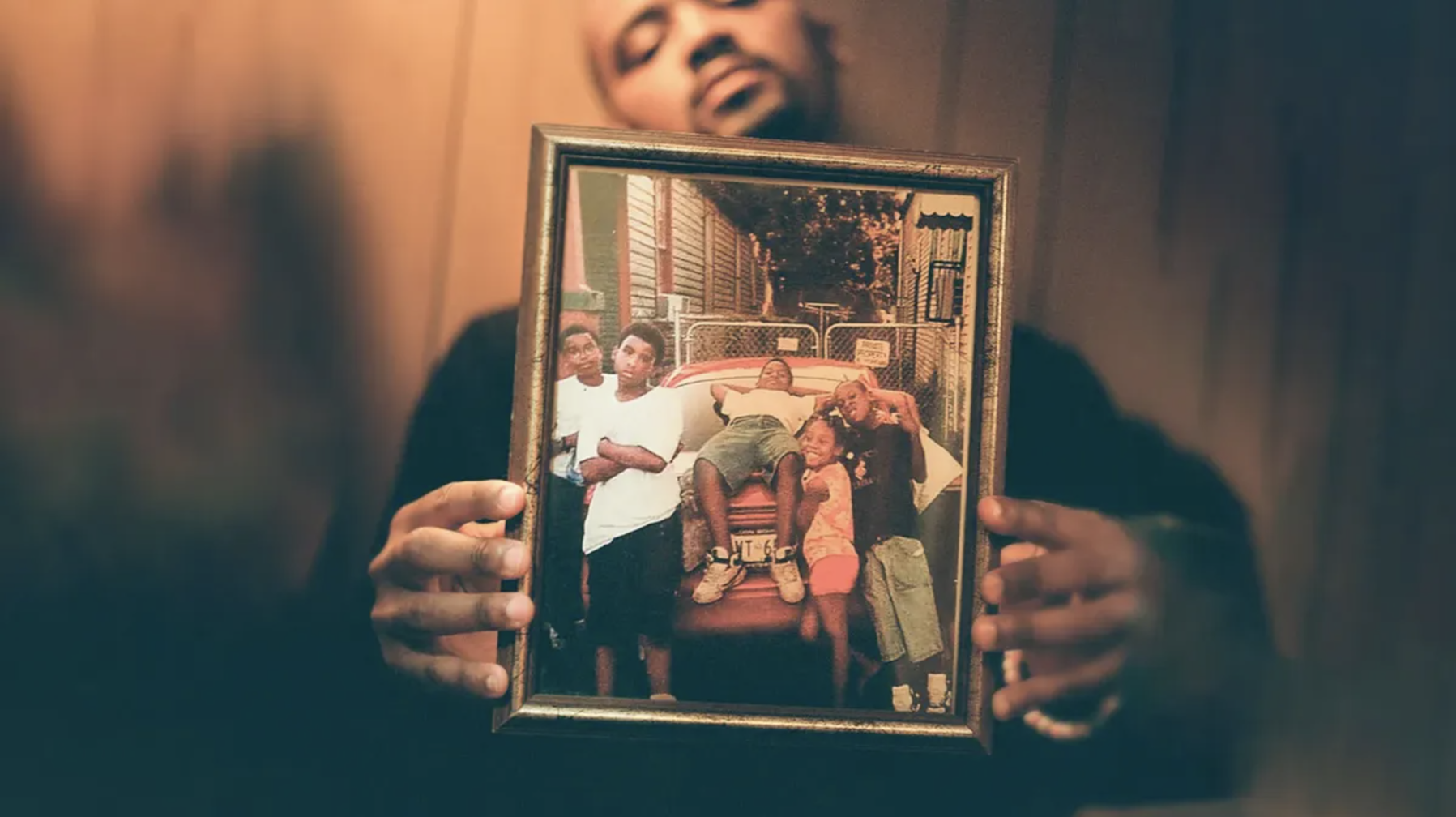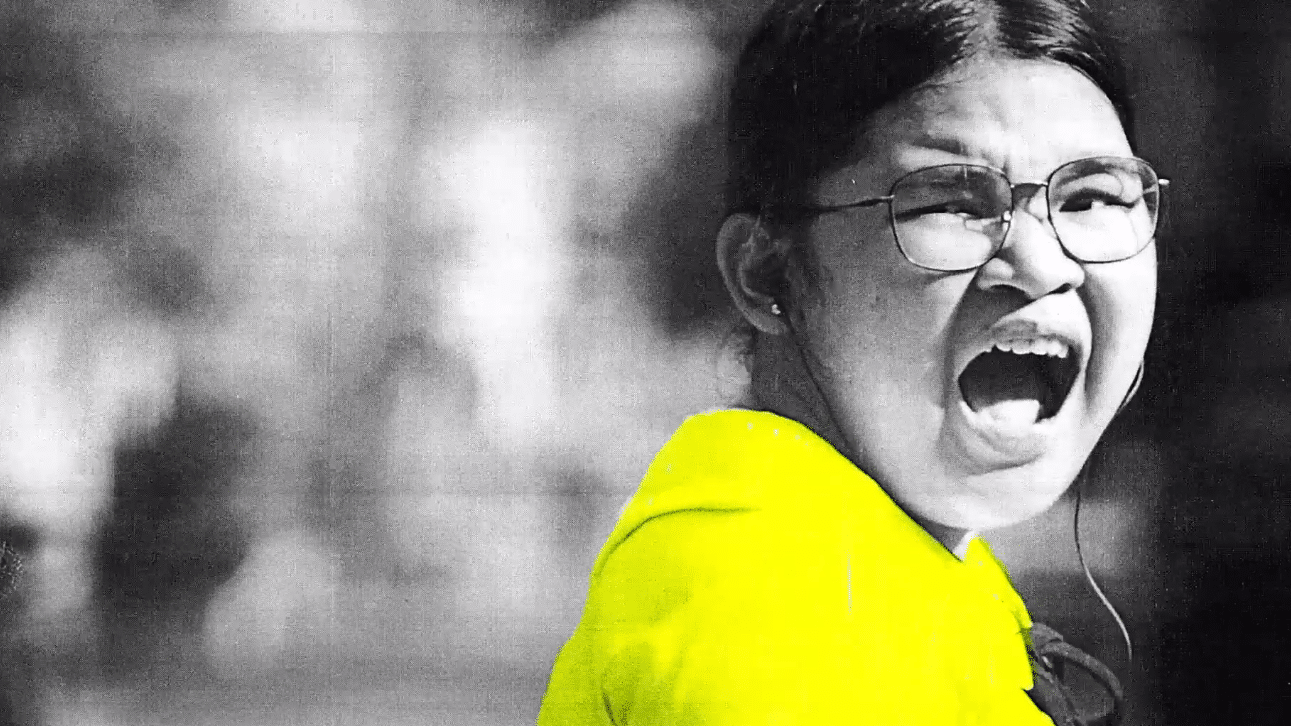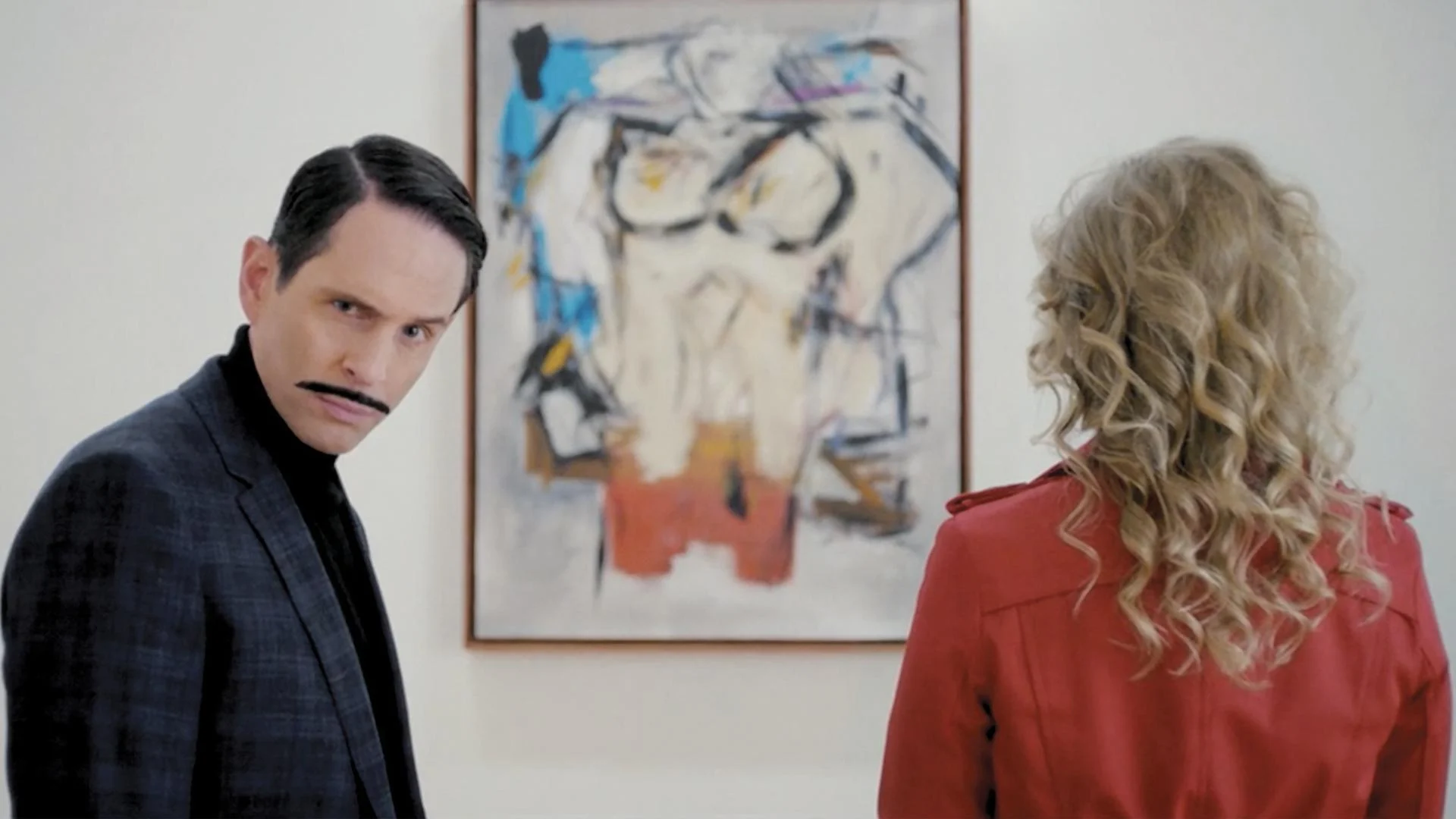Movies Like The Avengers (2012)
Of all the Christmas-set films to have come out over the last couple of months that were, inexplicably, about grief and regret (you’d be surprised by how many there are), The Holdovers easily outdoes its contemporaries by being confident enough to just sit with its characters. Like the best of director Alexander Payne’s other films, […]
At first, you wonder, couldn’t this behind-the-scenes look at the making of The Boy and The Heron just be a DVD special? But a few minutes in, it becomes clear how rich the material is. It’s not just about Miyazaki and the making of a movie, it’s about him grappling with grief and transforming it […]
After the La Manada rape case in 2016, it was necessary to document this event, especially since the widespread national outrage and demonstrations managed to move the country to change the way Spain defines consent. You Are Not Alone: Fighting the Wolf Pack documents this arduous journey. While it’s done through the familiar Netflix true […]
When it comes to ghosts, plenty of films are centered around personal, unresolved business in the living world, but rarely do films examine how the spirit world would be, unless it’s for fantastical fights or horrific terror. The Parades instead focuses on a world of lost, but ordinary, and thankfully kind, souls. And as the […]
Abel Ferrara’s protagonists have always searched for higher meaning in a flawed, messed-up world of pain and violence. If 1992’s Bad Lieutenant took Harvey Keitel to church for one of American indie cinema’s most spectacular endings, Padre Pio doesn’t offer such solace. Ferrara (who’s been living and working in Rome for years now) teamed up […]
At two hours and nearly 30 minutes, Stonewalling is quite long. The third film from spouses Ryuji Otsuka and Huang Ji takes place in slow, slice-of-life moments, centered around a female lead that mostly doesn’t actively make choices for her own life, so it can feel frustrating to watch. But as the film unfolds, Lynn’s […]
In 1966, Elizabeth Taylor and her friends recorded themselves talking about the ups and downs of her life. These candid conversations are the basis of The Lost Tapes, a revealing tell-all that allows Taylor to set the record straight in her own words. Here, you get to see and hear the many parts of Taylor–her […]
Friday Night Plan resembles many a classic teen film (most notably, Ferris Bueller’s Day Off and Booksmart), but it also doubles as a thoughtful inquiry into the delicate bond between siblings who could not be more different from one another. Sid and his younger brother Adi (Amrith Jayan) have different ideas of what matters most […]
Difficult but essential viewing, Procession tracks the progress of six men undergoing art therapy—specifically, by creating short filmed scenes to process their trauma from being sexually abused by Catholic priests. The resulting films we get to see are wildly varied in the emotions they express, forming a rich and powerful tapestry of the effects abuse […]
Judy Blume, the author behind enduring classics like Are You There God? It’s Me, Margaret, Superfudge, and Forever, gifts us with her comforting presence and precise insight in Judy Blume Forever, a delightful documentary about a delightful woman. Here, Blume looks back and lets us in on the eventful private life that inspired her prolific […]
Many comedians use humor as a way to ease into more serious subject matter, though there always exists a risk that a comedy special can skew too far down the silly or the self-reflective route. Mike Birbiglia has come about as close to the perfect balance as possible, in this recording of his one-man Broadway […]
The idea of representation in movies is often limited to superficial gestures of putting on screen people who look a certain way. Kokomo City is a reminder of cinema’s possibilities when one really tries to queer filmmaking itself, with genuine queer voices driving a production. This documentary is messy and incredibly playful in its style—in […]
COVID-19 raised concerns about sanitation and cleanliness, but in a society that just banned discrimination against “impure” castes seventy years ago, these concerns feel reminiscent of previous caste prejudice. Writer-director Anubhav Sinha presents this social inequity through Bheed, a black-and-white drama set in a fictional checkpoint as the lockdown restricted travel between different Indian states. […]
Partially based on the 860-page memoir, “A White House Diary”, and on the actual audio recordings Claudia Alta Taylor Johnson made during her time as first lady, The Lady Bird Diaries is an intimate reworking of a past we still know very little about. Told from the vantage point of First Lady Johnson candidly and […]
Based on the documentary short she helmed with actor Taylor Russell, Savannah Leaf’s Earth Mama is an intimate, unabashedly political, and decisively non-judgmental look at one mother’s determined attempts to regain custody of her two children. Gia (Tia Nomore) is struggling to work enough hours at her part-time photo studio job to pay for the […]
If you’re familiar with the upscale Chinese restaurant chain owner, or that Chinese boy in old 60s British films, or with his paintings, Aka Mr. Chow might surprise you because they’re one and the same. Born with two names, Zhou Yinghua and Michael Chow, Mr. Chow is just so cool that telling his life story […]
If you were on the Internet around 2015, you might be familiar with the viral phenomenon that is Wakaliwood, a “slum” neighborhood of Kampala, Uganda from where self-taught director Isaac Nabwana churns out bombastic DIY action comedies. Though they rack up online views in the millions, Isaac’s low-budget films weren’t money-makers due to a lack […]
Parenting is hard by itself, but it’s moreso hard when done alone, especially if there was supposed to be a partner alongside the journey. Thank You, I’m Sorry depicts this through Sara, who has to deal with her husband’s absence and difficulties in connecting with her husband’s family in his stead, on top of her […]
The film unfolds in the rhythm of a cow’s life: birth, mating, feeding, milking, checkups. Soon, these events become regular occurrences. Instead of showcasing the more ‘spectacular’ parts of these animal lives in order to build a narrative that’s engaging in a more conventional sense, British director Andrea Arnold opts for intimacy through banal instances. […]
Frankly, it’s a bad idea to rush into a marriage for a financial incentive, but there’s something sweet about A Soweto Love Story with the way the plot plays out. As the brothers race to win the family home, there’s the standard romcom shenanigans where secrets are revealed and sabotage happens, but the brothers never […]
Beautifully staged, vibrantly colored, and powerfully acted, Brother is an instant classic of a film. It tracks three timelines: Francis and Michael’s childhood, their coming of age in high school, and the present day, where we learn that Francis has long been dead, although we don’t find out how till much later in the movie. […]
Somewhere near the border between Russia and Ukraine lies a shelter for kids coming from unstable homes. Their parents, either alcoholics or abusers, have nine months to prove that they’re fit to look after their children; otherwise, the kids are sent straight to the orphanage, with no chance of a goodbye. A House Made of […]
Less a documentary on Johannes Vermeer himself and more about the art scholar’s mission to study ideas of beauty and aesthetics from various perspectives, this documentary successfully takes an admittedly very esoteric subject and makes it compelling. Director Suzanne Raes easily gets to the essence of the complex questions and insights that these Vermeer experts […]
A first feature by stuntman-turned-director Andy Armstrong, Squealer is supposedly based on real events that shook Canada in the 1990s. Robert Pickton or the Pig Farmer Killer was perhaps the inspiration for the eponymous Squealer in the 2023 film; the physical resemblance is uncanny. Extraordinarily cruel serial killers make good gore material and we love […]
Historically, noble ladies get married to lords in order to strengthen existing alliances between their family’s domains. At best, they are able to broker peace, but at worst, they are hostages to the stronger family they married into. Damsel cleverly depicts a twisted version of this relationship through a reversed version of the fairytale, where […]
As much as the Alabama-bred stand-up comic doesn’t fit into the stereotype of someone with an online presence, Dusty Slay’s comedy special can’t help but feel like you’re scrolling through the Twitter feed of someone’s funny but incoherent (and most likely high) thoughts. There isn’t much connective tissue to be found in Workin’ Man, which […]
If you’ve never encountered Beth Stelling before, it might take some getting used to before her brand of comedy really hits. Her routine in this special isn’t necessarily built around huge punchlines, animated delivery, or edgy subject matter. But there’s plenty of oddly specific detail to her many, many anecdotes that gradually begins to feel […]
With its origins as a full-length rock monologue, it’s understandable if Tick, Tick… Boom! comes off as overly concerned with its protagonist’s personal anxieties and not the larger social and health crises happening right outside his door. But while it really doesn’t offer much insight into the AIDS epidemic, or even the art scene of […]
A young woman’s coming-of-age threatens to topple the uneasy hierarchy of her family in this striking debut from Croatian director Antoneta Alamat Kusijanović. The trigger for Julija’s (Gracija Filipović) angsty rebellion is the arrival of her parents’ enigmatic wealthy friend, Javi (Cliff Curtis), whom her controlling father Ante (Leon Lučev) is hoping to squeeze a […]
“They called me uppity. Uppity n*****. And I loved it”. That’s how this excellent documentary, about the first professional black racing driver Willy T. Ribbs, starts. It summarizes the strong personality of a champion who excelled in tracks that were filled with confederate flags. The documentary explains the details of the difficulties that Ribbs went […]
A Still Small Voice is very hard to watch, but essential if you want to learn how to assuage grief. It’s also comforting if you’re going through it yourself. We follow chaplains as they hold the hands of patients, comfort the bereaved, and offer relief to fellow healthcare workers. But as much as the film […]
If Katrina Babies seems like a somewhat disjointed account of the myriad responses to Hurricane Katrina and the U.S. government’s horrible, anti-poor response to the disaster, director Edward Buckles Jr. uses this structure with much more intent. For once this is a documentary that feels like citizen reporting and not a sanitized report from experts […]
Eye of the Storm may not directly address COVID-19, but the film clearly draws similarities to the latest pandemic with the 2003 outbreak of the SARS virus. Panic, confusion, and miscommunication over the latest news are shared experiences between the two. These experiences are seen between the interlocking stories of the people quarantined in the […]
In Letterboxd, Cleaners was once the highest rated film of 2021, and was once in the list of the top 250 narrative features overall before the rating system changed in 2023. To viewers outside the Philippines, this might have been mind-boggling, especially since the film wasn’t yet released internationally the year it premiered, but it […]
Right off the bat, Bad Things looks gorgeous. Shot in 16mm, it plays with dreamy pastels and 1970s aesthetics, all while having its all-queer cast roam around the hotel’s haunted halls in mesmerizing ways. The setup is straightforward, but not too obvious: Ruthie’s problems with her girlfriend and her mother are exacerbated by the hotel’s […]
A fascinating kernel of certainty is padded out with giddy speculation in this documentary about a pair of unlikely art thieves. The facts are as such: 32 years after a $160 million painting by abstract artist Willem de Kooning was crudely cut from its frame in an Arizona gallery, a trio of small-town antique dealers […]
























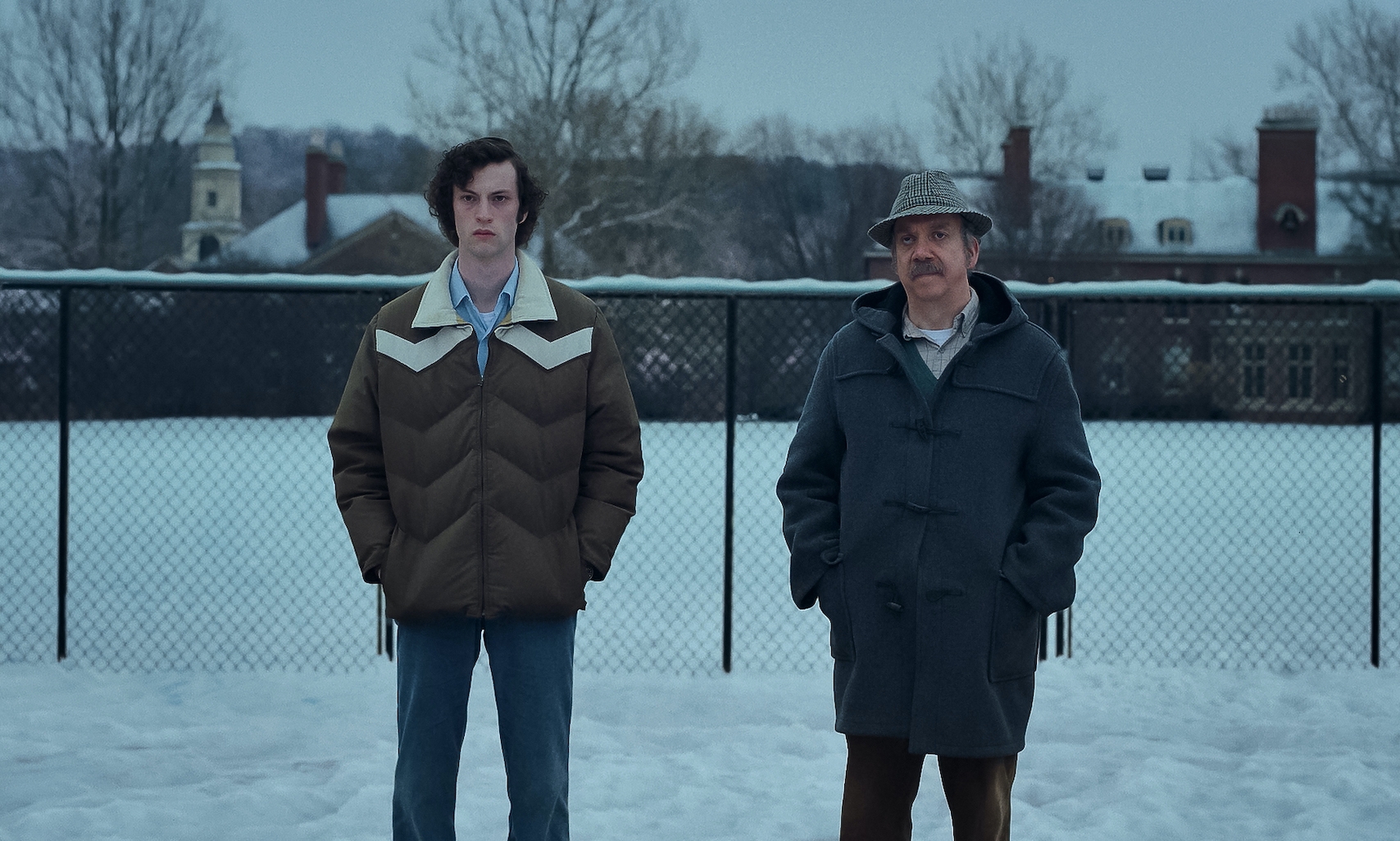
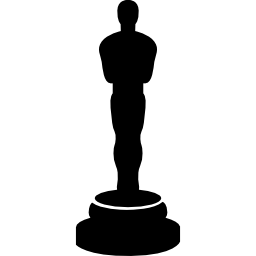 x5
x5 x24
x24